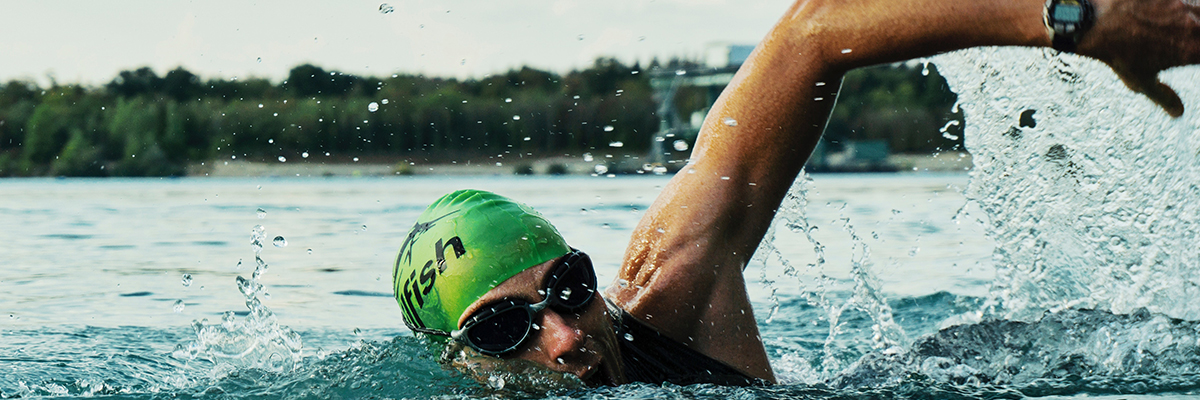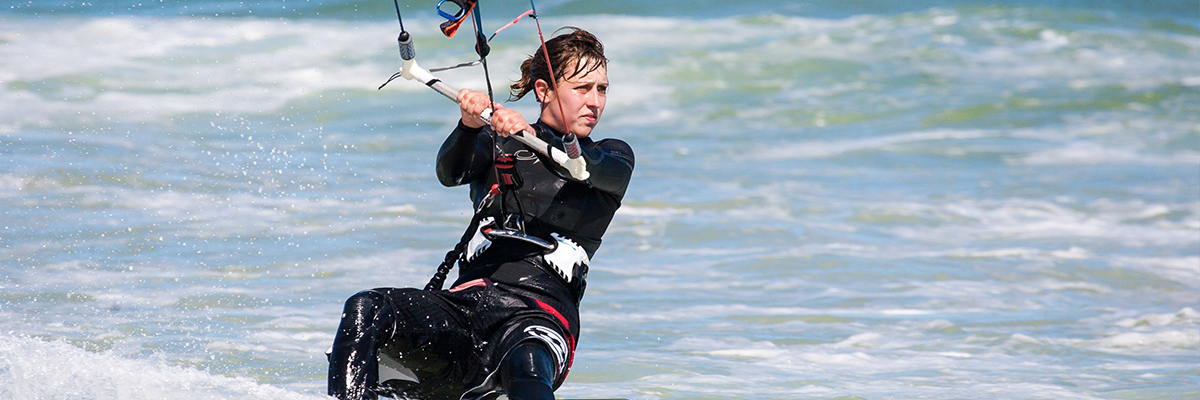Fresh OCA Transplantation for Treatment of Unstable Osteochondritis Dissecans of Capitellum in Elbow
This article describes an OCA transplantation technique for the treatment of OCD of the humeral capitellum and report mid-term follow-up results.
Read moreIs Sport Activity Possible After Arthroscopic Meniscal Allograft Transplantation?
Twenty-five (28%) of patients were participating in sporting activities at a competitive level and the remaining 72% were at a recreational level prior to their injury
Read moreOsteochondral Allograft Transplantation for Femoral Trochlear Dysplasia
The osteochondral allograft transplantation surgery technique for treatment of instability resulting from trochlear dysplasia with patellofemoral chondromalacia allows patients to have a stable, pain-free knee joint and participate in activities compared to nonoperative management.
Read morePrevalence of Associated Lesions in Anterior Cruciate Ligament Reconstruction
To determine if there is a correlation between time to ACL reconstruction and the prevalence of meniscal tears or cartilage injuries present at surgery. Also, to identify the optimum timing of ACL surgery to decrease the risk of developing any additional injuries.
Read moreRisk Factors for Revision Following Primary Allograft ACLR
After adjusting for patient age, gender, and body mass index, they found that the BioCleanse® technique—which sterilizes tissue through oscillating positive and negative pressure in the presence of detergents and sterilants—and irradiation with more than 1.8 Mrad were associated with a higher risk of revision after 1 year, compared to the other graft processing methods.
Read moreOptimising Femoral-Head Osteochondral Allograft Transplantation in a Preclinical Model
To test the efficacy of using osteochondral autografts and allografts in the femoral head of canines as a translational model for humans.
Read moreReturn to Sport After Articular Cartilage Repair in Athletes’ Knees: A Systematic Review
The purpose is to perform a literature review to determine which surgical interventions allow athletes to return to their pre-injury level of competition.
Read moreOsteochondral Allograft MRI Scoring System in the Knee: Interobserver Agreement & Clinical Application
To validate OCAMRISS for clinical use through the assessment of interobserver variability and to also determine which radiological features show correlation with clinical outcome.
Read moreUse of Osteochondral Allograft Transplantation for Primary Treatment of Cartilage Lesions in Knee
Osteochondral allograft (OCA) transplantation is typically utilized as a salvage procedure after other more conservative methods have failed. The purpose of this study was to evaluate OCA transplantation outcomes when the procedure is used as a primary treatment method for cartilage injuries in the knee.
Read moreMeniscal Allograft Arthroplasty For The Treatment Of Trapeziometacarpal Arthritis Of The Thumb
The results suggest that meniscal allograft arthroplasty is a viable option in the surgical management of stages II and III arthritis of the TM joint. Further follow-up and clinical studies are warranted.
Read moreHumeral Head Allograft Has Shown Significant Improvements In Shoulder Motion
Humeral head allograft—most commonly used in the setting of large Hill-Sachs lesions due to instability—has shown significant improvements in shoulder motion
Read moreHumeral Head Reconstruction with Osteochondral Allograft Transplantation
Reviewing the clinical evidence associated with the use of osteochondral allograft transplants for large defects of the humeral head.
Read moreMeniscal Transplantation in Symptomatic Patients Under Fifty Years of Age: Survivorship Analysis
To determine the long-term results and survivorship of meniscal transplantation in a consecutive series of 38 patients.
Read moreMagnification Marker User Guide
Steps outlining the correct use of a magnification marker.
Read more Download PDFOrdering allografts with JRF Ortho
Tips for expediting your fresh osteochondral allograft, tendon and meniscus orders
Read more Download PDFCase Study: Trochlear Cartilage Restoration Using Fresh OCA Cores
A 36-year-old patient reported persistent right knee crepitation and pain two years after falling directly onto their knee. Prior conservative management and arthroscopic chondroplasty was undergone without any resolution. Imaging and arthroscopy demonstrated a full-thickness cartilage defect in the lateral trochlea.
Read more Download PDFCase Study: Capitellum Cartilage Restoration Using a Fresh OCA Core
The patient, who was 18 years old at the time of surgery, had a prior retroarticular decompression done about one year to 18 months prior. His cartilage was noted to be soft at that time. After his index surgery, he continued to have pain and mechanical symptoms. A follow up MRI showed a full thickness chondral defect as well as subchondral sclerosis.
Read more Download PDFCase Study: Fresh OCA Core for Cartilage Repair in the Patellofemoral Joint
The patient, a 43-year-old male, was experiencing an acute onset of knee pain when squatting. He reported discomfort and stiffness in the knee, which were exacerbated by stairs and walking downhill. He subsequently developed recurring effusions. The patient’s symptoms persisted despite extensive non-operative management.
Read more Download PDFMeniscal Allograft Transplantation: How Should We Be Doing It? A Systematic Review
There is evidence that MAT provides pain relief, improves function and has good reported results in mid- and long-term studies. Presently there is not enough data to support one technique of MAT over another.
Read moreWhite Paper on Structural Integrity and Safety of Irradiated JRF Ortho Tendon Allografts
Together, the use of aseptic technique, proprietary cleansing methods and temperature controlled, ultra low-dose irradiation provide a safe, structurally efficient allograft without impacting the integrity of the tissue and reducing potential for case failure.
Read more Download PDF


